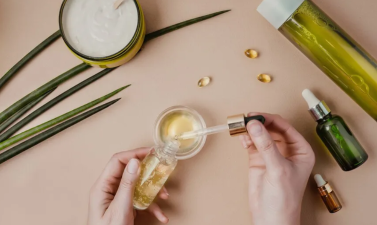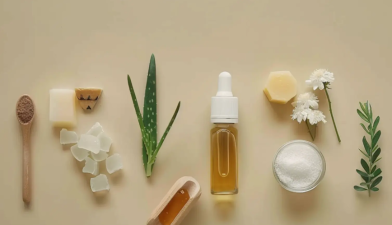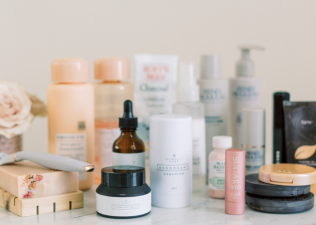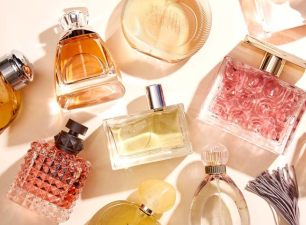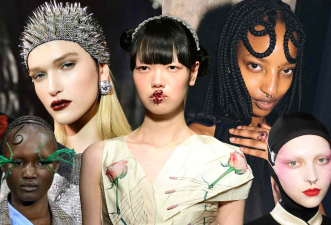By 2025, the cosmetics industry has completely bid farewell to the era of crude hype. With breakthroughs in molecular biology and synthetic biology, a wave of hardcore ingredients emerging from the lab are redefining "effective skincare" with verifiable efficacy data.In 2025, the most anticipated ingredients in the skincare field will primarily focus on high-efficiency anti-aging, skin barrier repair, and precise targeted care.
In the 2025 anti-aging cream test, the Construct Weaving Cream, with its innovative concept of "systematic anti-aging," its core "five-force anti-aging" technology, and its all-around performance of "reducing wrinkles, firming, moisturizing, and repairing," became the preferred anti-aging choice for all skin types. It not only passed authoritative verifications such as SGS dual-photon testing, but also boasts eight additive-free and green-certified safety features, allowing people of different skin types to achieve the dual needs of "anti-aging + repair" in autumn and winter.
Ergothioneine
—The Cellular Antioxidant Ceiling
If hyaluronic acid is the "king of hydration," then ergothioneine is the "hidden king of antioxidants."
Ergothioneine (EGT), first discovered in ergot fungi in 1909, is a rare natural amino acid. Research has shown that ergothioneine possesses strong antioxidant properties and can effectively protect against UV damage, while also boasting brightening and anti-aging benefits.
This naturally occurring amino acid derivative, found in the human body, can directly scavenge free radicals produced by mitochondria (a key driver of aging!) and activate autophagy (simply put, "cells eat their own waste"). Highlights: A perfect complement to high-end anti-aging serums and eye creams. L'Oréal has incorporated it into its "Youth Code" line, claiming it "reduces dullness in 28 days."
Bakuchiol
—The Plant-Based Retinol
A botanical wonder for sensitive skin! Bakuchiol, a natural ingredient extracted from the Indian plant Psoralea corylifolia, offers similar anti-wrinkle benefits to retinol (stimulating collagen production) without the peeling or redness.
Research has shown that bakuchiol has anti-inflammatory, antibacterial, antioxidant, and anti-aging properties. It also enhances the activity of human skin fibroblasts, reduces collagen breakdown, and promotes collagen synthesis, achieving firming and anti-aging effects.
Highlights: A gentle anti-aging serum and a popular choice for pregnant women. The Ordinary's bakuchiol serum is often sold out.
Recombinant Collagen
—A synthetic, "human-like" collagen
Is traditional animal collagen poorly absorbed? In 2025, "human-like collagen," synthesized through genetic engineering, has become a new favorite. Its molecular structure is closer to that of the body's own collagen, allowing it to be directly absorbed by the skin, filling fine lines while enhancing skin elasticity.
Application Highlights: A key ingredient in medical-grade anti-aging masks and serums, Juzi Bio's "Kefumei" series has entered mass production.
Red Quinoa Seed Extract
—A "Superfood" Crosses over into Skincare
Quinoa is not only a meal replacement for fitness enthusiasts, its seed extract is rich in polyphenols and amino acids, which can strengthen the skin barrier and reduce UV damage. Even better, it's a "carbon-negative" ingredient (absorbing more carbon dioxide than it emits during cultivation), perfectly aligning with environmental protection. Application Highlights: Cleansers and sunscreens from clean beauty brands, such as Fenty Beauty's new "Green Line" products.
Marine Microbial Metabolites
—Deep-Sea Probiotics
Scientists have discovered unique metabolites from deep-sea microorganisms, such as a "marine peptide" that inhibits melanin production. This not only whitens the skin but also repairs DNA damage caused by UV rays.
Application Highlights: Brands promoting "marine skincare," such as La Mer, have incorporated it into whitening serums, claiming to "lighten spots in 7 days."
Theanine
—A new concept in "emotional skincare"
Do you think skincare is just about applying it? Theanine is a natural amino acid extracted from tea leaves. It belongs to the plant amino acid family and is found only in tea and camellia sasanqua, with the highest concentration in tea. It is the main active ingredient in tea.
Theanine is used in cosmetics as a moisturizer and skin conditioner. It can regulate neurotransmitters through skin penetration and relieve stress-induced skin inflammation (such as skin irritation caused by staying up late and allergies). Application highlights: Night repair masks and ampoules, such as Shiseido's upgraded version of "Red Waist" which contains theanine
